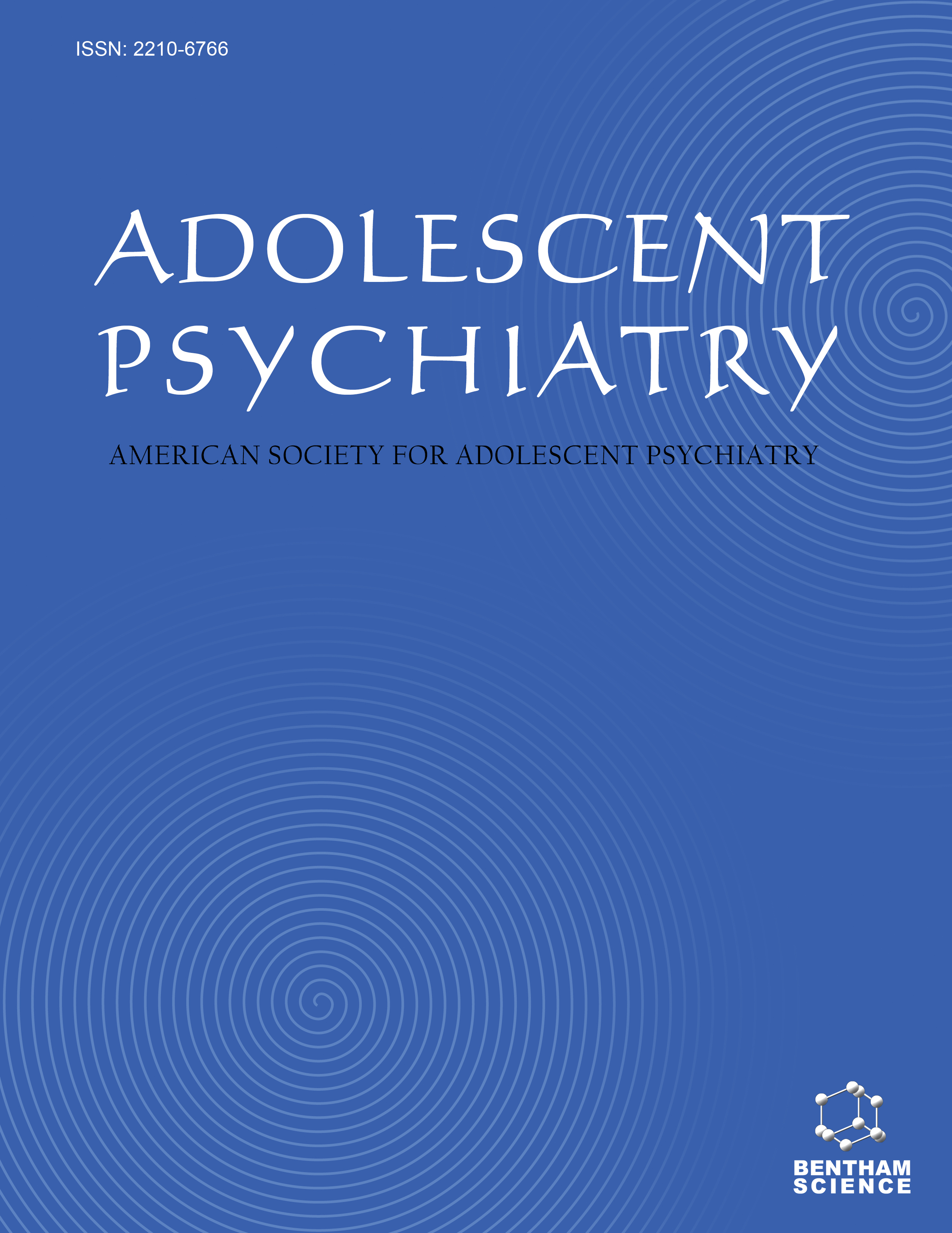-
s Borderland and Borderline: Understanding and Treating Adolescent Migrants in Crisis
- Source: Adolescent Psychiatry, Volume 9, Issue 3, Dec 2019, p. 185 - 193
-
- 01 Dec 2019
Abstract
Background: Much of the literature on adolescent refugees has focused on their experiences of trauma, and trauma-focused psychotherapy has been emphasized. In addition to having experienced trauma, adolescents with refugee or migration backgrounds are confronted with distinct challenges in the process of identity formation. These problems result from the normal processes of identity formation and restructuring during adolescence (the socalled second individuation phase) complicated by their transition from their culture of origin to the new culture. This process has been called a third individuation phase. These teenagers live on the border between two worlds and are called borderland adolescents. Methods: This paper describes the developmental processes of young migrants, using case examples to illustrate how the migrant experience affects development, particularly identity development. Discussion: Splitting, which is part of normal adolescent development, also occurs during the process of adaptation to a new culture. Although the process of splitting can support the integration into the new culture, it can also lead to dangerous polarization with borderline features. It is important to take this into account in psychotherapeutic work with borderland adolescents.


